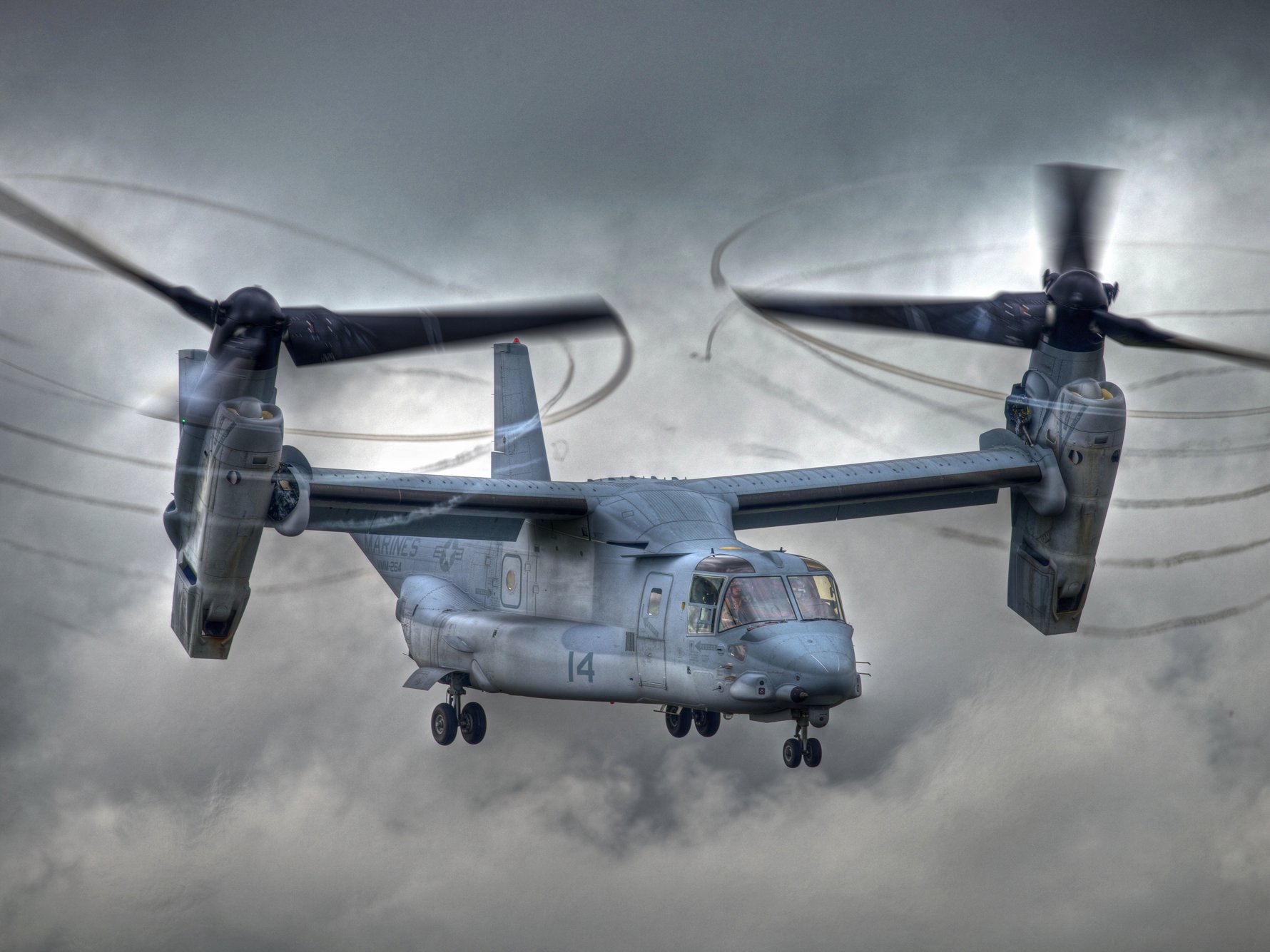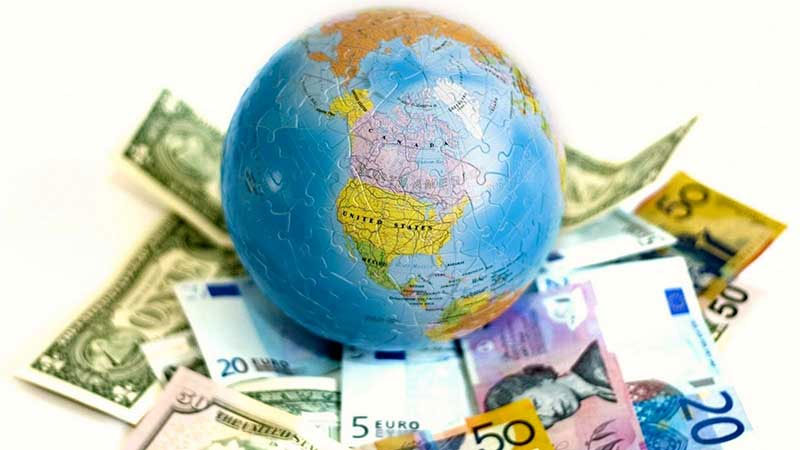CARACAS, Venezuela — Some Venezuelan city dwellers are trying to grow their own produce to offset the country’s severe shortages following socialist President Nicolás Maduro’s calls for “food sovereignty.”
But in a country where families are going hungry as a result of government mismanagement and sky-high inflation, many view the “Great Agro-Venezuela Mission” with skepticism.
“Agriculture shouldn’t be a solution” to the country’s shortages, said former landowner Iraima Pacheco de Leandro, 54, a well-to-do government opponent who lives in Caracas.
Critics have taken to social media to accuse the government of downplaying the country’s critical situation, and ridicule Maduro for trying to solve Venezuela’s dire food crisis through getting urbanites to farm small plots of land.
“Urban Farming in Venezuela. Thanks to @Nicolas Maduro” read one tweet accompanied by a photograph of a man and a dog sifting through trash, a common sight in Caracas as food supplies dwindle and black market prices soar.
“BBC Venezuela report has Chavistas explaining how they’re going to feed people, grow medicine, through urban farming. No, really,” mocked another Twitter user.
When the project was presented in February, the newly created Ministry of Urban Agriculture announced that 12,000 square kilometers — about 4,600 square miles — would be planted in the first 100 days. The government promised to invest $300,000 in seeds, equipment and educational projects, and help with logistics.
The government urged citizens to plant in every available space — private terraces, communal areas, jails and schools among other sites — but did not itself provide the land.
Eight months into the project, only 21 square kilometers (about 8 square miles) of land have been cultivated, according to the ministry.
“How are you going to tell someone with no space for a plot to grow [their own food]?” asked De Leandro, whose family-owned farm was expropriated, like many other businesses, under former president Hugo Chávez’s nationalization program.
Some Venezuelans try to look on the bright side of the experiment: Producing their own food can reduce the time spent on the streets of Caracas, where crime is skyrocketing. For De Leandro, who was once kidnapped for ransom, this is a comforting thought. She grows a stunning array of vegetables on one of her terraces.
But not all Caraquenians have enough land to cultivate produce, and water is also in short supply due to a drought.
Barbara D’Ambruoso, 24, whose vegetable plot overlooks the sprawling city, has learned to carefully measure her water usage. “They cut our water supply from Saturday afternoon until Wednesday,” she said, alluding to government measures in response to the nationwide shortage.
Below D’Ambruoso’s hilltop home, one can see cramped apartments — part of Chavez’s housing mission, introduced by the late president to provide rent-free accommodation to the poorest families. Hardly an ideal setting for a lush little plot of land.
But limited land is not a restriction, says the Ministry of Urban Agriculture, suggesting that citizens can produce 20 kilos — nearly 45 pounds — of fruits and vegetables with just one meter of land.
In a slum in west Caracas, 69-year-old Chavez supporter Luisana Galvis and 17 other people cultivate vegetables on shared land.
“We’re doing this to combat the economic warfare so that they can’t have us on our knees again,” said Galvis, echoing the government’s argument that the deep recession is the fault of opposition business leaders and the United States.
Economists attribute the shortages to other factors, like price controls and overregulation. In the past, sales of oil — Venezuela’s top export — brought in plenty of dollars that could be used to buy produce abroad. But the price of oil has dropped sharply in the past two years. The decline in Venezuela’s agricultural output has been accelerated by government expropriations of land under its socialist leaders. Much of the country’s fertile agricultural land is underused, experts say.















